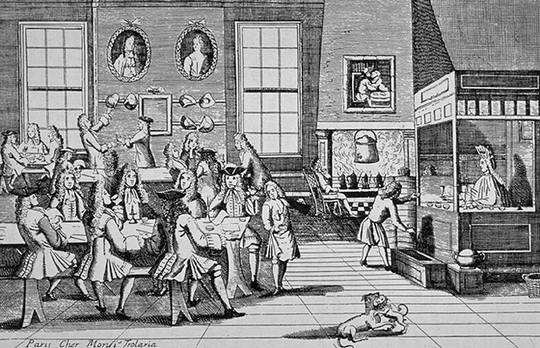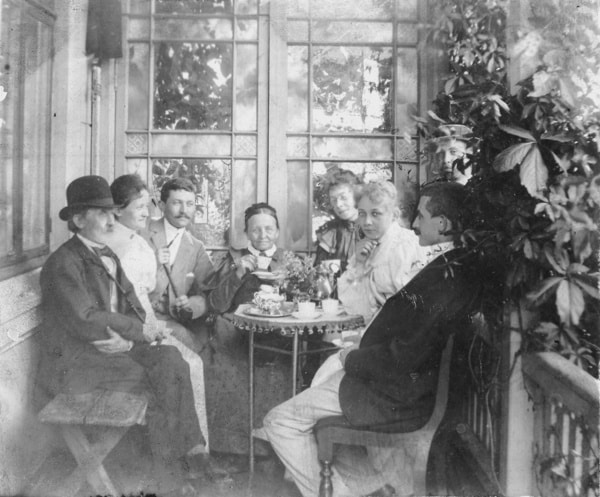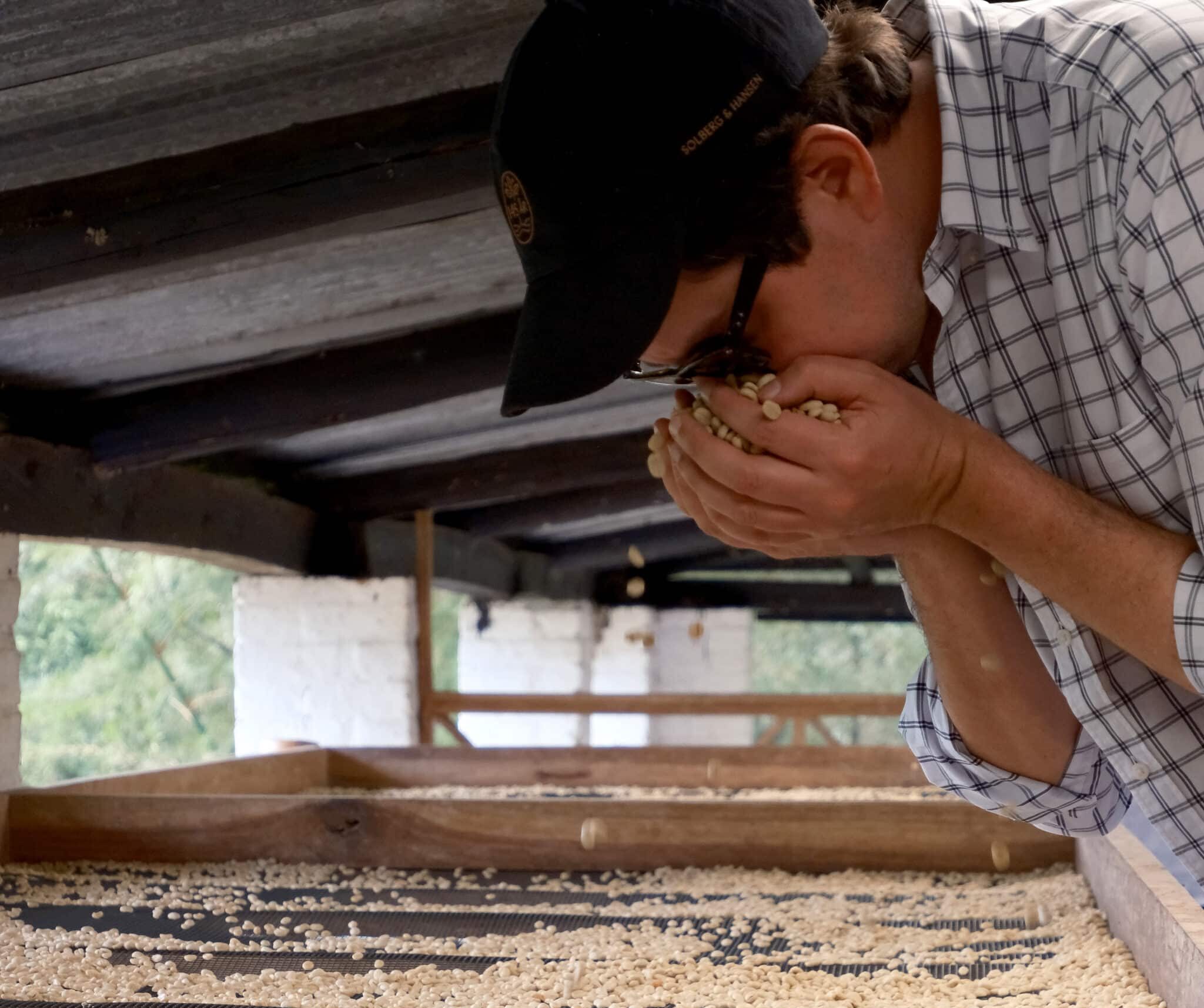It's no coincidence that the Age of Enlightenment (1650-1800) coincides with the spread of coffee as a pleasure drink. In London, for example, there were more than 3,000 coffee houses at the start of the 18th century, just 50 years after the city's first was opened. Alcohol at breakfast and lunch was replaced by the far more invigorating active ingredient caffeine, making it easier to keep a clear head when discussing important issues. It's natural to assume that the world would be a dumber place without coffee.

A thousand flavours poorer
Due to its highly complex chemical composition, new aromas are still being discovered in coffee, which is said to have a flavour spectrum richer than wine. One thing is certain: Without coffee, the world would literally be more than a thousand flavours poorer.
Coffee is an effective way to get a few extra breaks. Although many managers have tried to ban coffee breaks, several studies have been published that claim they are good for both health and job satisfaction. Besides: Without coffee, what excuse would we use for a well-deserved extra break at work? It stands to reason that more people would resort to another classic break companion: the cigarette.
Fewer friends and neighbours
While we are one of the world's most coffee-thirsty peoples, Norwegians are known to be more introverted and shy than average. In this respect, coffee has been the link between neighbours and friends for many generations. What would we invite our neighbours over for without a mocha master on the kitchen counter? And what kind of premises would be blocked with prams if we didn't have cafés and coffee shops? There's a good chance that the world, and Norway in particular, would be a less sociable place without a cup of coffee to offer or meet over.

Not impossible
Although the above examples are caricatures, there is little doubt that the world would look very different without coffee on the menu. According to this report published in the journal PLOS One, the world's coffee crops face an uncertain future. Already, high temperatures, long droughts and intense rainfall are causing coffee farmers in several countries to struggle with poor yields. Climate change is also allowing plant diseases such as leaf rust to survive in the subtropical mountain climate where Arabica coffee thrives. Although extinction is not imminent, the situation could have major consequences for an industry that supports more than 25 million people across several countries and continents.



